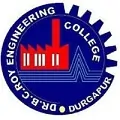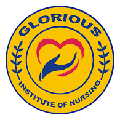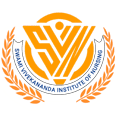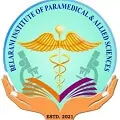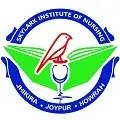Curriculum:
- The MHA program covers advanced topics like Hospital Operations Management, Healthcare Quality and Patient Safety, Healthcare Financial Management, Health Policy and Planning, Human Resource Management in Healthcare, Strategic Management in Healthcare, and Health Informatics. The curriculum is designed to equip students with in-depth skills to lead, manage, and improve hospital operations and patient care services.
Internship/Practical Training:
- Practical training is an integral part of the MHA program, with students undergoing internships in hospitals, healthcare consulting firms, and government health departments. This hands-on experience is essential for understanding hospital operations, quality management, regulatory compliance, and the complexities of healthcare management in real-life scenarios.
Job Prospects:
- MHA graduates have excellent career opportunities in hospitals, healthcare consulting firms, public health organizations, government healthcare departments, insurance companies, and pharmaceutical companies. As the healthcare sector grows, the demand for skilled healthcare administrators is rising to meet the need for efficient, high-quality healthcare delivery.
Salary Range:
- Entry-level salaries for MHA graduates generally range from INR 5 lakh to 10 lakh per annum, depending on the healthcare institution, role, and location. Senior-level positions in healthcare administration, especially in high-demand areas like quality management and operations, offer significantly higher salaries.
Further Studies:
- After completing an MHA, graduates can pursue certifications or further studies in areas like Healthcare Quality Management, Public Health, or Health Informatics. Advanced certifications from organizations like NABH (National Accreditation Board for Hospitals) or international healthcare management courses can enhance career prospects and prepare graduates for senior leadership roles.



